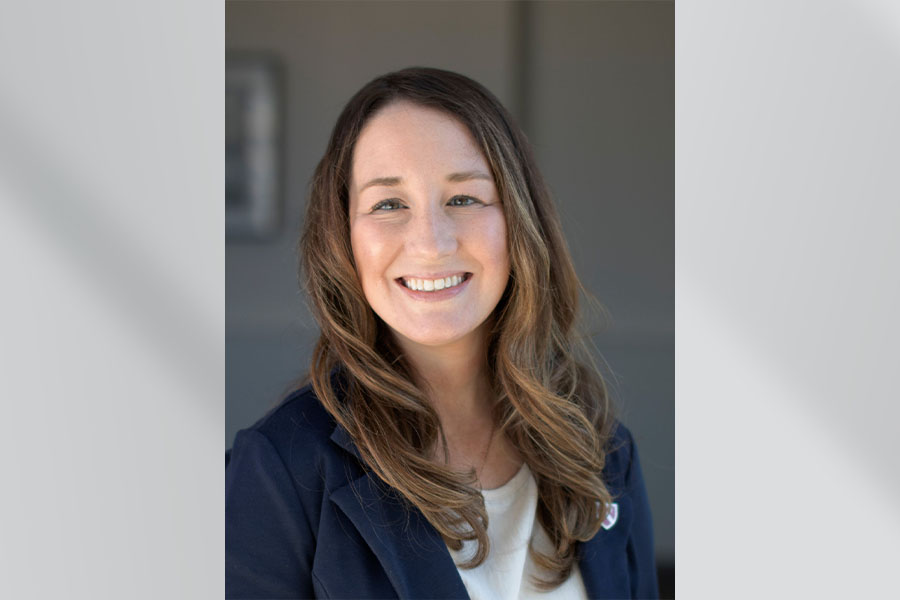Windy Alonso, PhD, UNMC College of Nursing assistant professor, and the HEART Camp Connect research team are leading research efforts to examine strategies to promote adherence to exercise in adults with heart failure with preserved ejection fraction.
The research, “Heart Failure Exercise and Resistance Training (HEART) Camp Connect: Promoting Adherence to Exercise in Adults with Heart Failure with Preserved Ejection Fraction,” is a five-year, $3.85 million National Heart, Lung and Blood Institute-sponsored project.
The study is an 18-month randomized controlled trial testing two behavioral interventions — HEART Camp (in person) and HEART Camp Connect (virtual) — designed to promote adherence to moderate-intensity exercise in 300 adults experiencing the condition.
“Many adults with heart failure are afraid to exercise because of their diagnosis,” Dr. Alonso said. “Cardiac rehabilitation is a great option for those with ejection fractions that fall within the Medicare guidelines for reimbursement, but that is only a subset of all adults with heart failure. This is why an intervention like HEART Camp Connect is critical.”
The team also will examine several secondary outcomes, including quality of life, symptoms, inflammatory biomarkers and cost. Recruitment will begin in September. The team welcomes collaboration from across UNMC and beyond.
The HEART Camp Connect research team, led by Dr. Alonso, includes Bunny Pozehl, PhD, UNMC College of Nursing; Joseph Norman, UNMC College of Allied Health Professions; Alfred Fisher, MD, PhD, UNMC College of Medicine; Scott Lundgren, DO, UNMC College of Medicine; Sara Bills, PT, DPT, UNMC College of Allied Health Professions; Cheng Zheng, PhD, UNMC College of Public Health; Kevin Kupzyk, PhD, UNMC College of Nursing; Steven Keteyian, PhD, Henry Ford Health System; Fernando Wilson, PhD, University of Utah; Erin Salahshurian, UNMC College of Nursing; and Tiffany Dudley, UNMC College of Nursing.
Dr. Alonso said the research done through the project is important because heart failure with preserved ejection fraction is challenging to treat and exercise represents a non-pharmacologic strategy that is shown to improve the lives of those with the condition.
“This study represents an opportunity for adults with heart failure with preserved ejection fraction to start and continue exercising and contribute data that are critically important to the field to support system- and policy-level changes,” she said. “I’m proud of our team and incredibly grateful for this support from the National Heart, Lung and Blood Institute.”
Dr. Alonso added that the study reflects the importance of collaboration across colleges, medical centers and other organizations interested in research and advancing health care practices.
“Collaboration is a vital part of research,” she said. “Our team is a shining example of how collaborative efforts can combine unique, interdisciplinary perspectives and talents to ultimately improve patient outcomes.”
The project’s IRB number is #040.23.FB.
For more information about the study or those interested in project collaboration, email Dr. Alonso or Tiffany Dudley, project coordinator.

Congratulations to Dr Alonso and her research team.
Congratulations Dr. Alonso & team!
Congratulations to this team! Exciting work ahead.
Congratulations, Dr. Alonso! I am excited to see this important study make an impact on HFpEF!
Congratulations, Dr. Alonso!
Congrats, Dr. Alonso!
Congrats to Dr.Alonso and her team. She is a wonderful leader and mentor